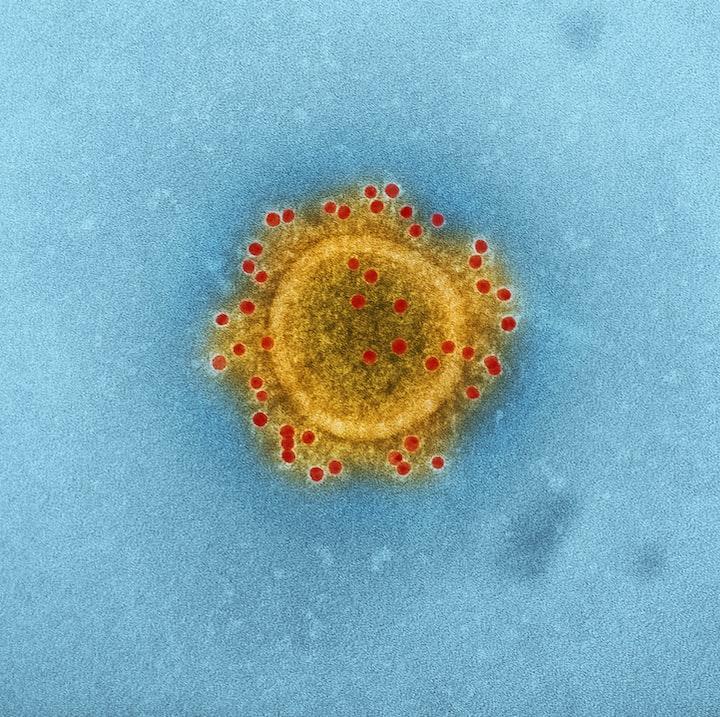What Are the Top 10 Negative Emotions?
Fear, anger, disgust, contempt, sadness, guilt, shame, hurt, frustration and jealousy are the top 10 negative emotions. All of these emotions can lead to problems if they’re not managed properly. Fear can lead to anxiety and panic attacks. Anger can lead to aggression and violence. Disgust can lead to revulsion and avoidance. Contempt can lead to prejudice and discrimination. Sadness can lead to depression and hopelessness. Guilt can lead to feelings of worthlessness and low self-esteem. Shame can leads to social isolation and withdrawal. Hurt can lead to resentment and bitterness. Frustrationcanleadto rage and out-of-control behavior.
Read More »What Are the Top 10 Negative Emotions?






